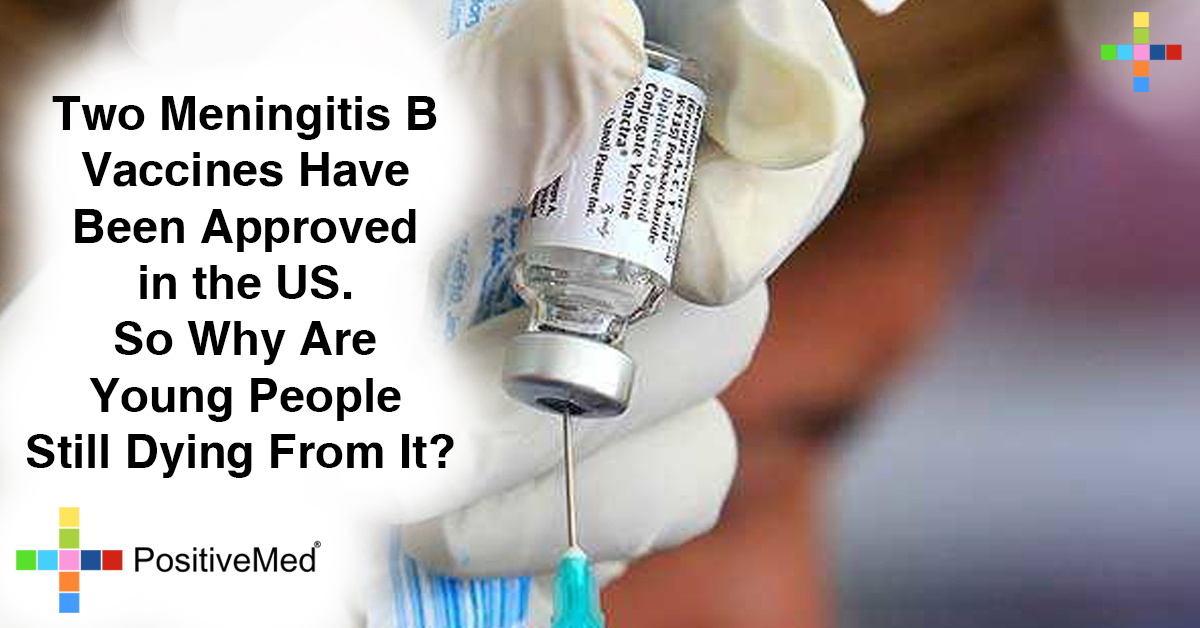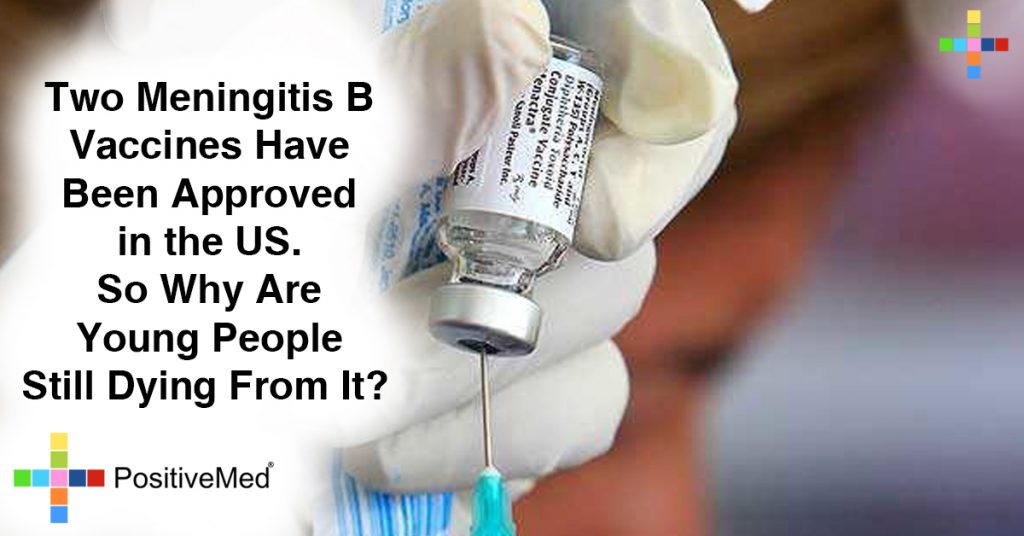The Vaccine Crisis Nobody’s Talking About
Talk of vaccines – specifically, the growing anti-vaxxer movement – has dominated news cycles on and off increasingly over the last few years, coming to a roaring crescendo earlier this year with the resurgence of measles in several U.S. states. Officials from New York to Los Angeles implemented public bans and quarantines to fight the outbreak, and legislation has been proposed to eliminate most non-medical exemptions for mandatory vaccines.

But what about the ones that aren’t mandatory? When it comes to the deadly (and preventable) disease taking the lives of teens and young adults across the country, parents have begun speaking out against the CDC’s recommended level for Meningitis B vaccines.
The CDC’s guidance on Meningitis vaccinations states that preteens “should” receive the conjugate vaccine that protects against four other types of Meningitis, but that adolescents “may” receive Meningitis B vaccines [emphasis theirs]. It goes on to say that “certain preteens and teens should” receive the Men B vaccine only if they have certain health conditions or are part of a population at “increased risk because of an a…disease outbreak.”
Advocates told Health the lack of more stringent guidelines has made pediatricians less likely to inform patients about the vaccine. Moreover, the data suggest most if not all students should fall into that “increased risk” category:
- there have been at least two outbreaks on college campuses in the last two years
- over 50% of all meningitis cases in the United States are caused by serogroup B.
- all college outbreaks since 2011 were caused by serogroup B
College students are especially susceptible because of dorm life and college environments in general. Many travels to attend universities all over the world, and even those that don’t are on their own for the first time, eating bad food, sleeping odd hours, and using shared facilities.
And, they’re poor.
According to a survey of 43,000 students at 66 institutions in 20 states conducted by the Wisconsin HOPE Lab, 36-46 percent of college students experience food and/or housing insecurity. Some even suffer from homelessness, while so-called poverty naps (sleeping to avoid hunger pangs when you can’t afford a meal) have become commonplace.
Between hectic schedules, financial fears, and just plain lack of knowledge, the typical college student with flu-like symptoms will most likely try to sleep it off.
According to Health, most insurers to cover the cost of the vaccine, which can run up to $400 for both rounds. The problem is, college students are historically one of the largest uninsured populations in America.
That trend was going down in the years after the Affordable Care Act, but more recent data shows that the uninsured rate has risen across the board since 2016. College students are in the age group (18-34) with the highest uninsured rate in the country; by the end of 2018, it had reached 21.6 percent.
Parents whose children have died from Meningitis B are understandably unimpressed with fiscal considerations, and say all colleges should require it if the CDC won’t.
The American College Health Association agrees, noting that Men B is the leading cause of meningococcal disease among college students and progresses so quickly that one in ten will die and one in five survivors experience long-term physical and mental disabilities.






